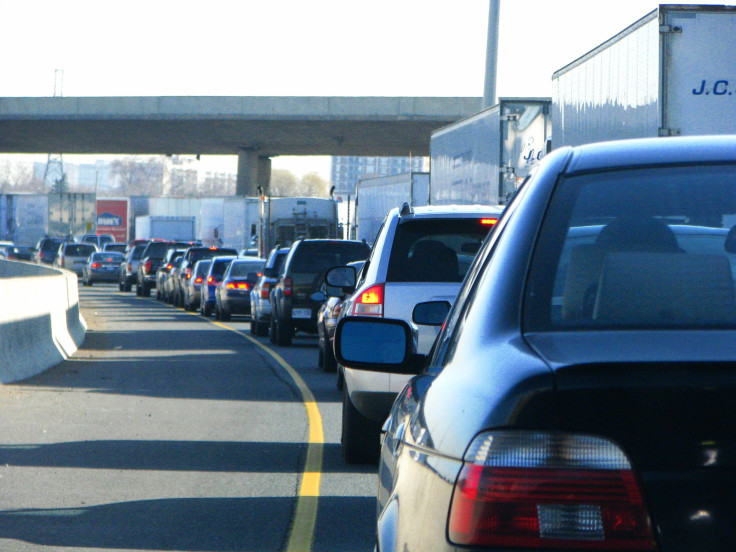Men Driving Blue BMWs Most Prone To Road Rage, At Least According To One New Survey

Middle-aged men driving blue BMWs are exactly the type most prone to rode rage, according to the results of one recent survey, reports NBC News.
Such motorists are more likely than others to exhibit aggressive behavior on the roadway, tailgating and changing lanes erratically while alternating speed, gesticulating and honking at others in an attempt to intimidate. And then there’s brake-checking, the art of forcing a trailing driver to slow — just short of a collision.
Men between the ages of 35-50 driving blue Beamers were most likely to exhibit road rage, in a survey by VoucherCodesPro of more than 2,8000 motorists. These drivers were followed closely by owners of Land Rovers, Audis, Subarus, and Vauxhalls, as reported by other motorists responding to the survey.
Overall, men acknowledged losing their tempers on the road an average of seven times per month, while women admitted to three incidences of road rage per month.
"This research, although slightly humorous in some of its findings, does indicate an important point," said George Charles, a spokesman for organization, according to NBC News. "Road rage is not something to be taken lightly and these results show that many motorists need to remind themselves that sometimes losing your temper whilst driving can result in serious altercations, assaults, and collisions that cause injuries or worse, " Charles said.
The survey found that motorists are most likely to succumb to road rage during the Friday afternoon drive-at-five or the Monday morning commute, deemed the most stressful by respondents. Psychologists who study the temperament of motorists say road rage increases mileage on the body due to the resulting increased levels of stress hormones, a heightened heart rate, and elevated blood pressure. For people most prone to anger, the cost of driving escalates with chronic stress contributing to lower-back pain, tension headaches, rapid heartbeat, infertility, and — for women drivers — menstrual problems.
“Road rage is driving under the influence of impaired emotions,” Leon James, who teaches traffic psychology at the University of Hawaii, told U.S. News & World Report. “It’s triggered by mental assumptions we’re making about other drivers — like assuming someone is doing something on purpose to bother you, because they’re inconsiderate.”
A 2007 survey of the worst American cities for road rage ranked the top five as Miami, Phoenix, New York City, Los Angeles, and Boston.



























